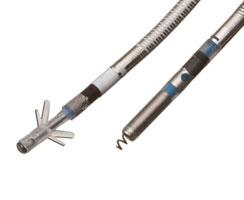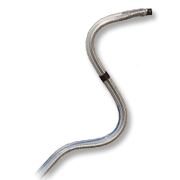 Today EnteroMedics recorded revenue for the first time since it was incorporated nearly eight years ago. The company reported revenue of about $123,000 in the first quarter of the year from the sale of its Maestro RC implantable vagus nerve stimulation system for treating obesity. Revenue was generated through sales by its distribution partner in Australia.
Today EnteroMedics recorded revenue for the first time since it was incorporated nearly eight years ago. The company reported revenue of about $123,000 in the first quarter of the year from the sale of its Maestro RC implantable vagus nerve stimulation system for treating obesity. Revenue was generated through sales by its distribution partner in Australia.
This is an important step for an implantable device company that faced very tough times in 2009 after its US clinical trial failed to meet a critical effectiveness goal. EnteroMedics is currently conducting a pivotal trial that is expected to end in Q4 2012. EnteroMedics expects to file a premarket approval application with the FDA in the first half of 2013 if the data from the trial is positive.

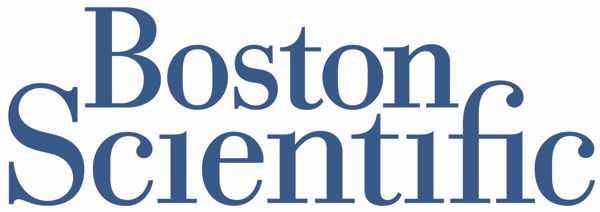 Yesterday Boston Scientific announced financial results for the first quarter ended March 31, 2012. Sales of Cardiac Rhythm Management devices were $501M vs. $559M for Q1 a year ago, or a decrease of 10%. Sales of Neuromodulation devices increased by 8% a year ago from $77M to $84M for Q1.
Yesterday Boston Scientific announced financial results for the first quarter ended March 31, 2012. Sales of Cardiac Rhythm Management devices were $501M vs. $559M for Q1 a year ago, or a decrease of 10%. Sales of Neuromodulation devices increased by 8% a year ago from $77M to $84M for Q1. St. Jude Medical today
St. Jude Medical today 
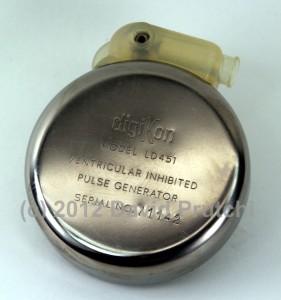
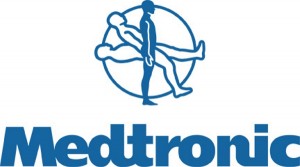 Medtronic received FDA approval for the expanded use of CRT-D in mildly-symptomatic heart failure patients. The expanded indication includes New York Heart Association (NYHA) Class II heart failure patients with a left ventricular ejection fraction (LVEF) of less than or equal to 30 percent, left bundle branch block (LBBB), and a QRS duration greater than or equal to 130 milliseconds. Nearly 200,000 Americans are considered NYHA Class II, with another 620,000 people worldwide fitting this designation.
Medtronic received FDA approval for the expanded use of CRT-D in mildly-symptomatic heart failure patients. The expanded indication includes New York Heart Association (NYHA) Class II heart failure patients with a left ventricular ejection fraction (LVEF) of less than or equal to 30 percent, left bundle branch block (LBBB), and a QRS duration greater than or equal to 130 milliseconds. Nearly 200,000 Americans are considered NYHA Class II, with another 620,000 people worldwide fitting this designation.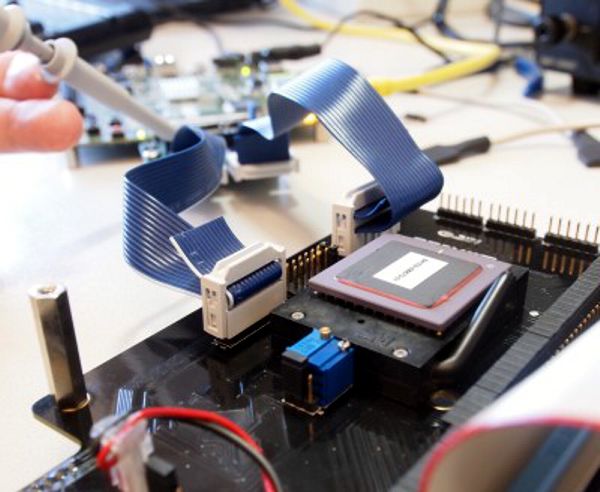
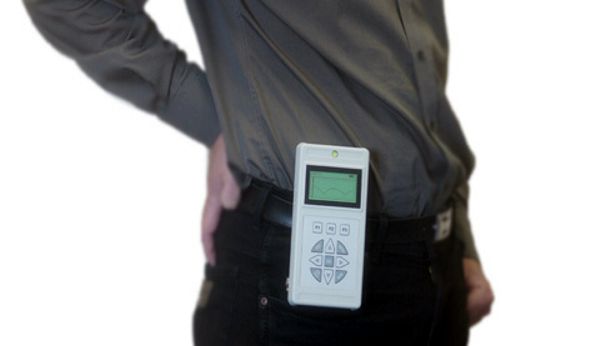
 Johns Hopkins’ Sridevi V. Sarma, an assistant professor of biomedical engineering, has devised new seizure detection software that, in early testing, significantly cuts the number of unneeded brain-stimulation therapy that an epilepsy patient would receive.
Johns Hopkins’ Sridevi V. Sarma, an assistant professor of biomedical engineering, has devised new seizure detection software that, in early testing, significantly cuts the number of unneeded brain-stimulation therapy that an epilepsy patient would receive.